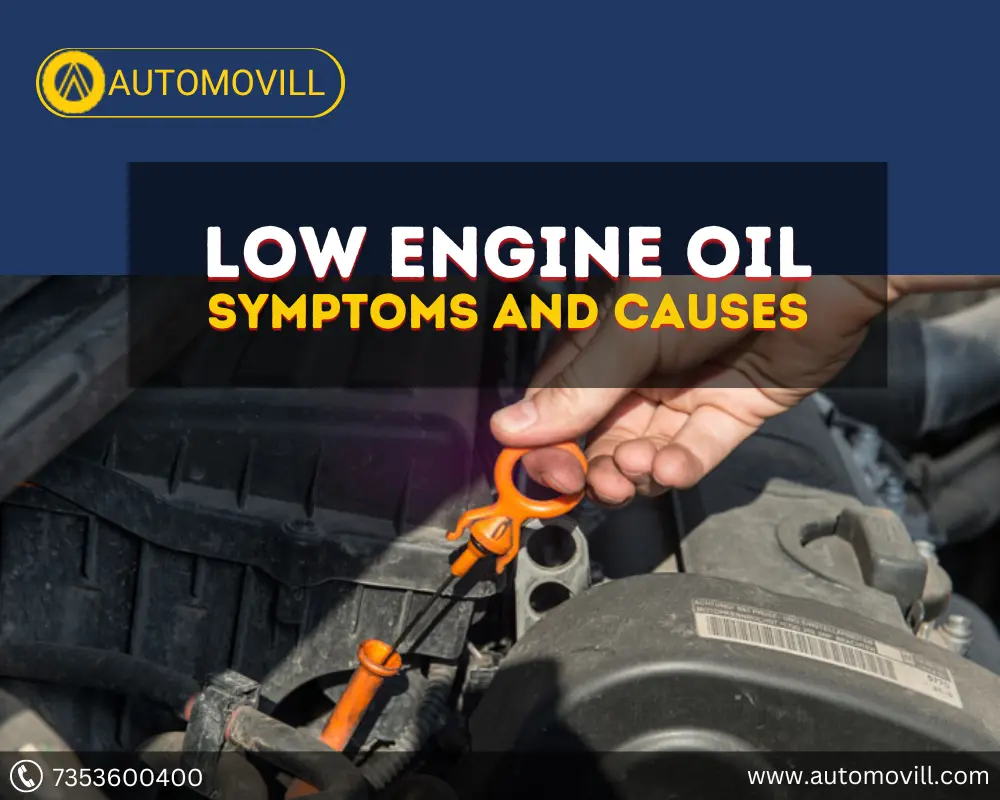
Having some indication that your car has a problem is crucial if you want it to last for many years. Luckily, there are a few warnings that might help you determine if your car’s engine oil is low.
Low engine oil is a common problem that can lead to serious damage to your vehicle if not addressed promptly. It is important to regularly check the oil level in your car and to top it off as needed to ensure that your engine is properly lubricated. Here are some common symptoms and causes of low engine oil:
Symptoms
- Knocking or tapping noises coming from the engine: This can be a sign that the oil is not adequately lubricating the moving parts of the engine, which can cause them to rub together and create a knocking sound.
- Excessive smoke coming from the exhaust: If there is not enough oil in the engine, it can cause the fuel to burn incompletely, resulting in excess smoke coming out of the exhaust pipe.
- Decreased performance: Low oil levels can cause the engine to run poorly and may result in a loss of power or acceleration.
- Overheating: Oil helps to keep the engine cool by dissipating heat. If there is not enough oil, the engine may overheat. There are many car overheating causes.
Causes
- Leaking: One common cause of low engine oil is a leak in the oil system. This can be caused by a faulty seal or gasket, or by damage to the oil pan or other components.
- Burning oil: If the engine is burning oil, it can lead to low levels in the oil pan. This can be caused by worn-out seals or gaskets, or by problems with the piston rings.
- Not Enough Oil Added: If you do not add enough oil when refilling the oil pan, it can lead to low levels. It is important to follow the manufacturer’s recommended oil level and to use the correct type of oil for your vehicle.
- Oil loss due to extreme driving conditions: Driving in extreme conditions, such as very hot or cold temperatures, can cause the oil to break down and burn off more quickly. This can lead to low levels in the oil pan.
In summary, low engine oil can be caused by leaks, burning oil, not adding enough oil, or extreme driving conditions. It is important to regularly check the oil level in your car and to address any problems promptly to prevent serious damage to the engine.
